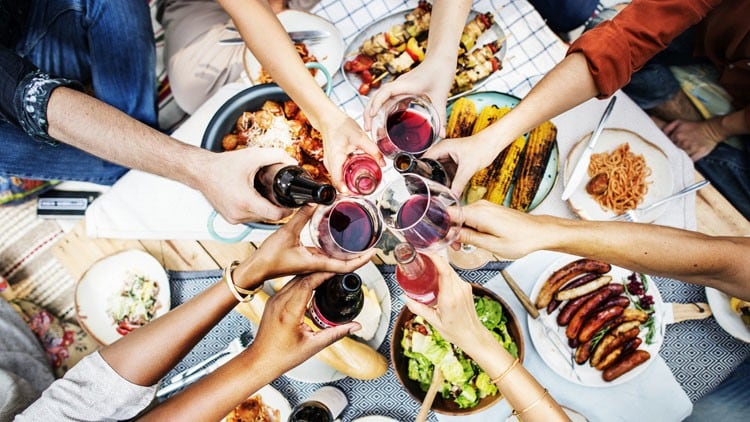At a glance
- Restaurant groups experienced their first year-on-year sales growth since December, indicating a slight boost in consumer confidence.
- Managed pubs outperformed other segments, achieving a 0.6% growth, attributed partly to favourable weather.
- London saw a growth of 0.7%, surpassing the rest of the UK for the first time since March.
- Total sales in hospitality, including venues opened in the last year, increased by 3.2%.
- The sector shows resilience with ongoing confidence in new site openings, although there is caution due to trading patterns and consumer spending concerns.
Figures show that restaurant group sales rose 0.2% over the month, which the Tracker describes as ‘a very tentative sign that consumer confidence is moving in the right direction’.
It follows six months of negative year-on-year sales for the segment.
Managed pubs have outperformed restaurants throughout the first half of the year, and they again achieved the best growth of the Tracker’s segments in July, at 0.6%.
Figures were boosted by periods of warm weather in many parts of Britain, but comparisons were held down by the Euro 2024 football tournament, which brought millions of people out to watch games in pubs last July.
Managed bars, meanwhile, saw sales fall 4.3% from July 2024, while the on-the-go segment slipped by 4.5%.
Growth inside and outside the M25 stood at +0.7% and -0.3%, respectively — the first time since March that London has outperformed the rest of the country.
“The summer has brought little respite from the intense trading challenges facing hospitality, and real-terms growth is elusive,” says Karl Chessell, director - hospitality operators and food, EMEA at CGA by NIQ.
“Pubs can be more satisfied than restaurant groups, which have had to work very hard to sustain footfall and cope with more sharp rises in the costs of labour and food.”
Like-for like sales across the industry saw a fractional year-on-year drop of 0.1% in July.
This follows level sales in June and a drop of 1% in May.
The Tracker’s comparisons have now been static or negative in five of the first seven months of 2025.
“July’s results underscore the sector’s ongoing struggles, with performance largely flat or in decline,” says Saxon Moseley, head of leisure and hospitality at RSM UK.
“It’s not all bad news, though – while pubs saw a small uptick in growth, this was set against a UEFA Euro finals fuelled boost last year, so the underlying growth is stronger than it appears. In addition, restaurants may take solace with a return to modest growth following June’s disappointing contraction.
“However, with significant cost pressures and dwindling cash reserves, these are not the results the industry needed, and with both business and consumer uncertainty mounting ahead of the budget there is a real concern that things will get worse before they get better.”
The Tracker provides more positive indicators of total sales in hospitality, including at venues opened by groups in the last 12 months.
These were 3.2% ahead of the same month in 2024 — broadly in line with the UK’s rate of inflation in 2025, as measured by the Consumer Prices Index.
“Solid growth in total sales shows operators and investors remain confident enough to open new sites, though if trading patterns continue, they will be forced to make some difficult decisions on spending,” adds Chessell.
“The sector remains resilient and can turn round recent trends but needs an upturn in consumers’ spending confidence.”


